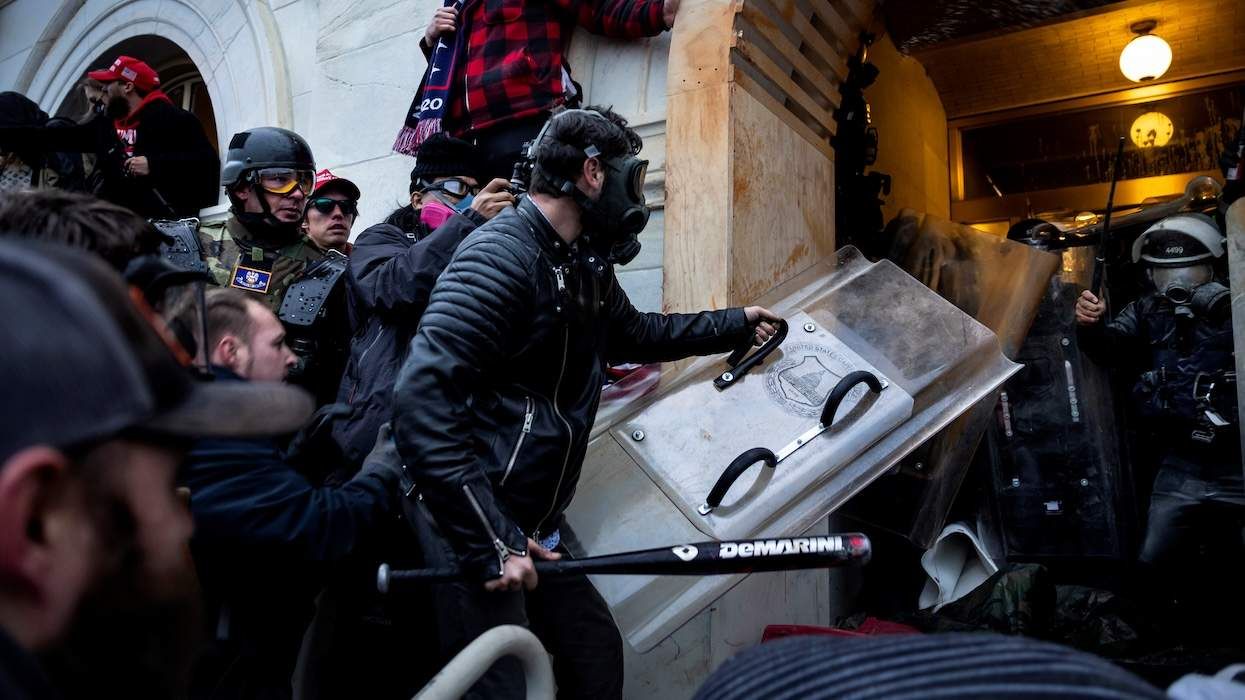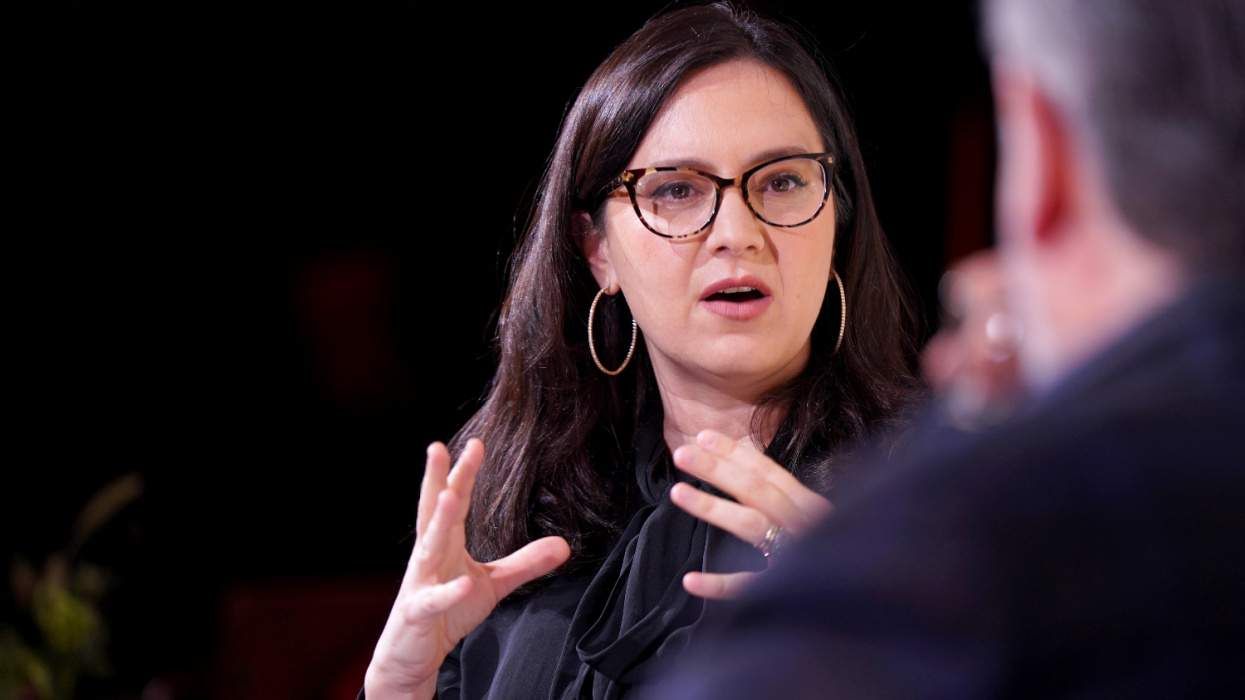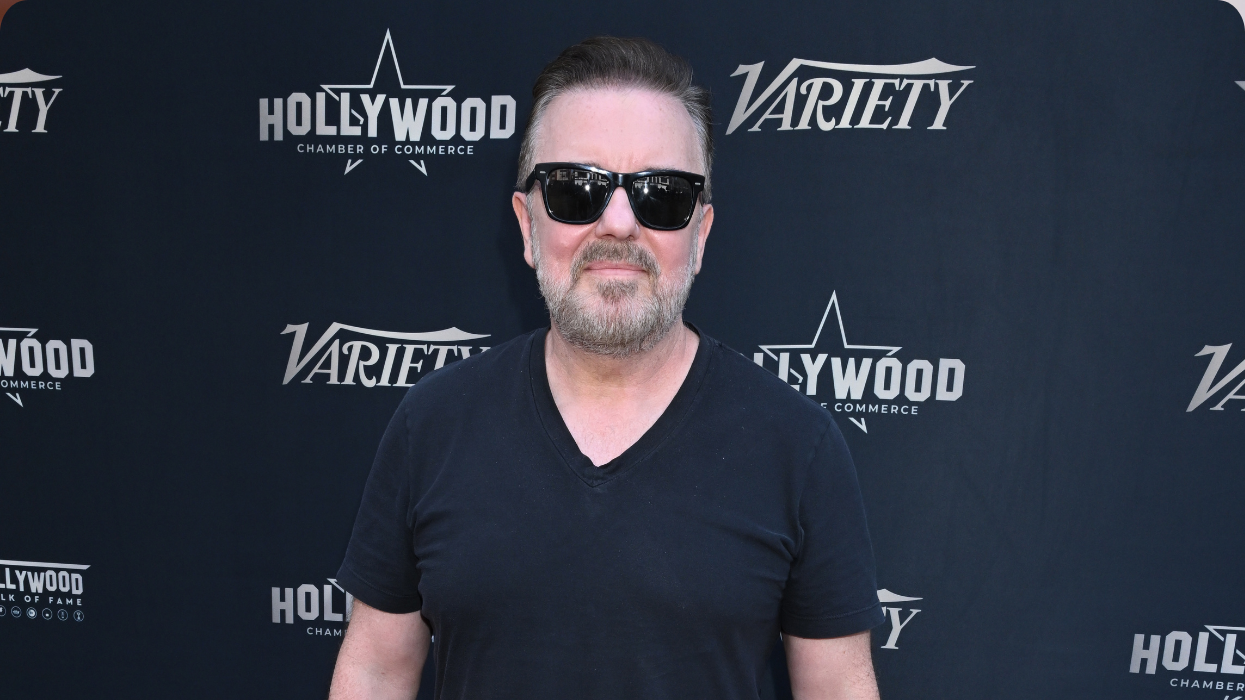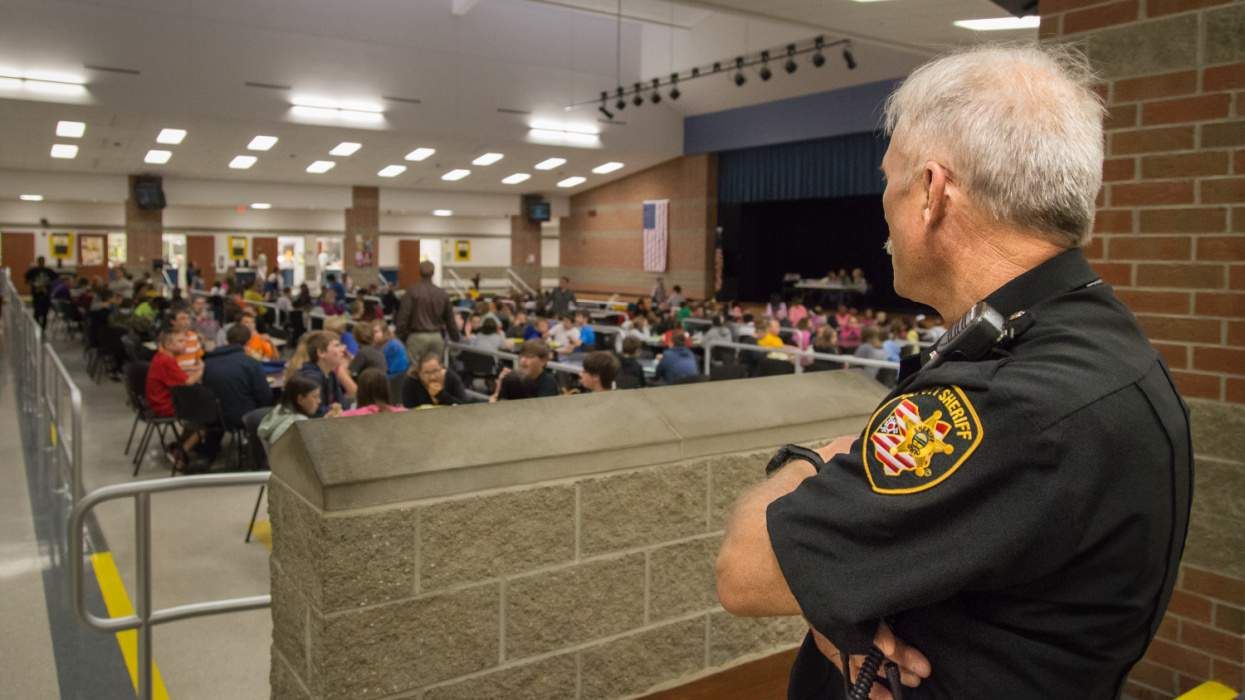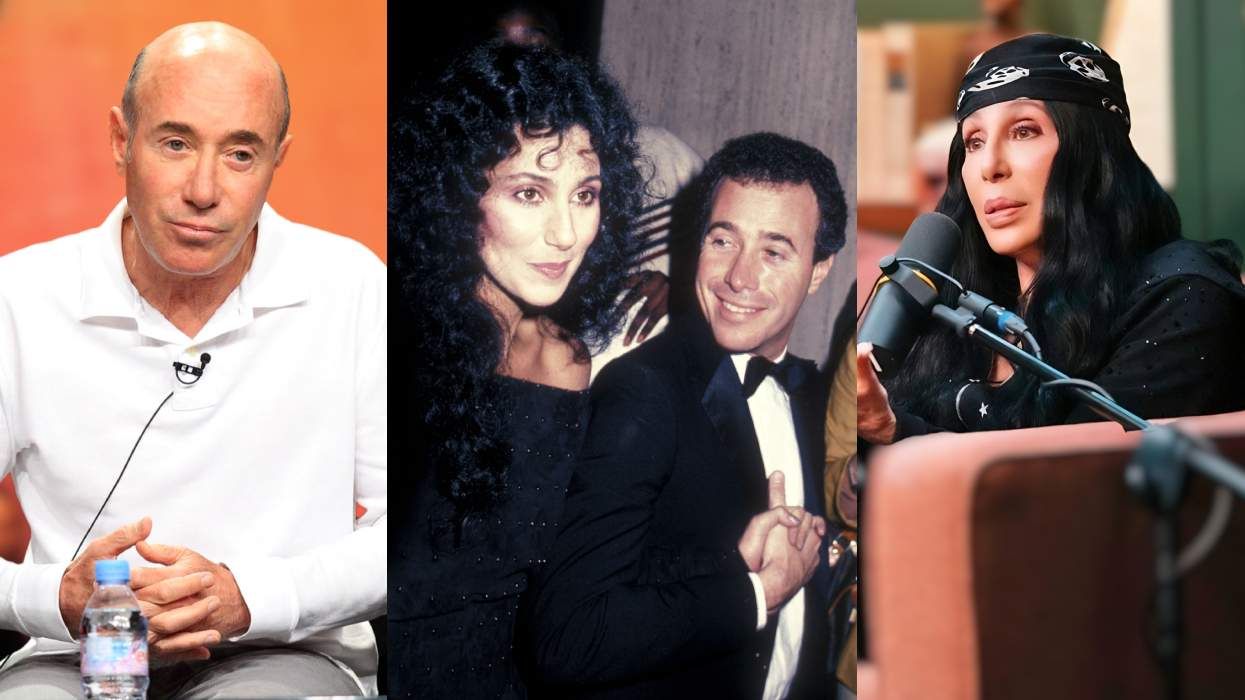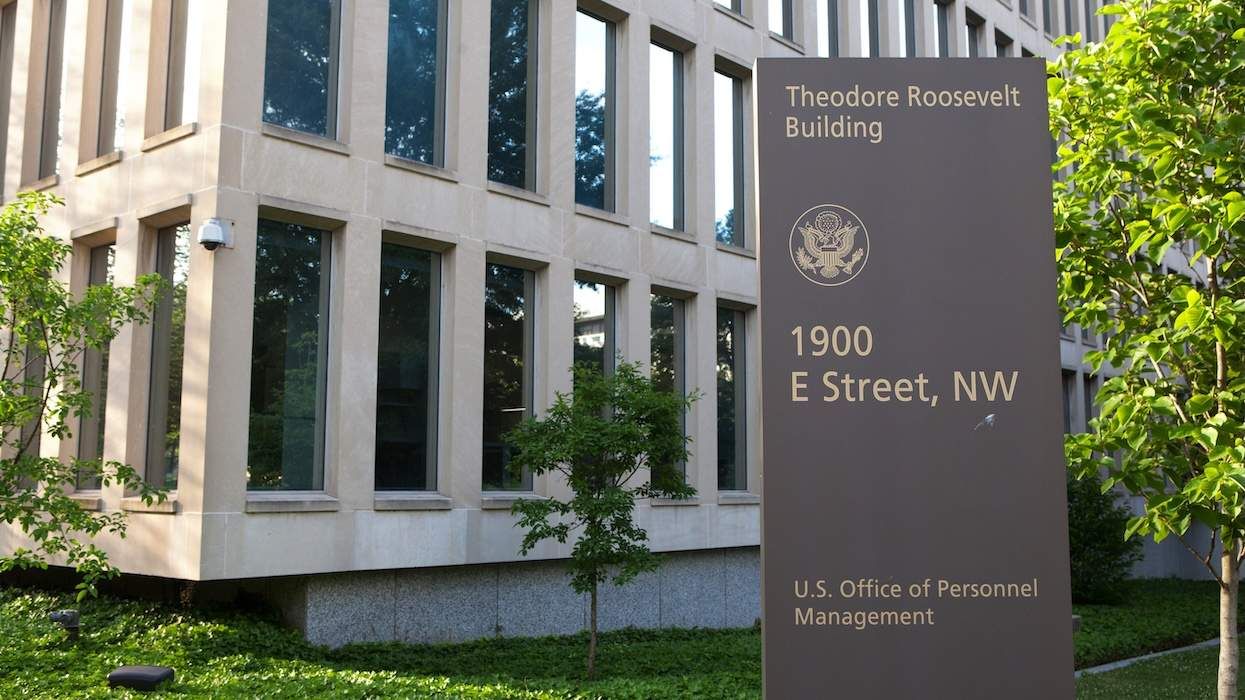LGBTQ+ people love video games — but the industry needs to feature more LGBTQ+ characters, and online harassment of queer gamers is far too common, says a new report from GLAAD.
The watchdog group this week released its inaugural “State of LGBTQ Inclusion in Video Games” report, developed by the GLAAD Media Institute in partnership with the Nielsen Games Team.
It’s designed “to educate the game industry on the current state of LGBTQ representation that exists, make a fact-based business case for LGBTQ inclusion, and provide a playbook for more authentic representation,” says a GLAAD press release.
Seventeen percent of active video game players are LGBTQ+, but less than 2 percent of games on major consoles and personal computers include queer characters, based on publicly available tags and lists denoting inclusive content, GLAAD’s research found. The number of active LGBTQ+ players has increased 70 percent from 2020, when Nielsen Games did a survey.
“The findings of this report send a powerful message to the industry: it is time to move past the idea that LGBTQ-inclusive games are a separate, niche category,” said GLAAD Associate Director of Gaming Blair Durkee. “All games should strive to reflect the people who play them. And when one in five gamers are LGBTQ, any game with five or more characters has no excuse for lacking LGBTQ inclusion.”
The presence of LGBTQ+ characters in games is welcomed by the queer community and won’t put off the straight cisgender audience, according to the new report. Nearly three-quarters of LGBTQ+ gamers said seeing characters with their gender identity or sexual orientation represented well in a game makes them feel better about themselves, while 70 percent of non-LGBTQ+ gamers said queer representation would either make them more likely to play or buy the game or wouldn’t affect their decision one way or another.
Eighty percent of LGBTQ+ gamers and 67 percent of non-LGBTQ+ ones said they appreciate how gaming allows them to experience perspectives of people different from themselves.
LGBTQ+ gamers are calling for more inclusion in the industry, with 65 percent saying developers have a responsibility to make games and gaming spaces more inclusive. More than half said they are more likely to play or buy a game if they know its maker has a significant proportion of LGBTQ+ workers, and 69 percent are less likely to participate in a game from a company that has a history of mistreating queer employees. About half of straight, cisgender respondents said the same on both counts. A 2021 report from the International Game Developers Association found that 78 percent of LGBTQ+ workers in the industry have experienced inequities.
LGBTQ+ players are much less likely to feel welcomed in the gaming community than their straight, cis counterparts, with 38 percent of queer gamers saying they sometimes feel like they don’t belong, compared to 24 percent of non-LGBTQ+ ones. Fifty-two percent of LGBTQ+ gamers said they’ve been harassed while playing online, while 38 percent of straight, cis ones had.
But gaming provides an important social outlet for LGBTQ+ participants. Fifty percent said they feel more welcomed in the gaming world than in the area where they live, with the percentage going up to 55 percent for those in states that have proposed or passed anti-LGBTQ+ legislation.
“Particularly for LGBTQ gamers, gaming is not only an escape and source of entertainment, but also an important outlet of self-expression,” GLAAD President and CEO Sarah Kate Ellis said in the press release. “It is past time for LGBTQ gamers to see our community represented in games that they play and to be safe while they connect with other gamers and express themselves. This report presents a clear business case for the industry to take action and address the needs of a rapidly growing portion of gamers. The message is clear: gamers want more inclusive LGBTQ representation in their games and the industry must become more inclusive.”
“LGBTQ gamers have growing influence in the gaming industry,” said Stacie deArmas, Nielsen senior vice president, diverse insights and initiatives. “Seventeen percent of active gamers are LGBTQ — a 70 percent increase since Nielsen’s Games360 study in 2020. For brands looking to engage LGBTQ gamers, creating a safe and inclusive environment must extend beyond the game itself — nearly 70 percent of respondents are less likely to buy from studios with a history of mistreating LGBTQ workers.”

